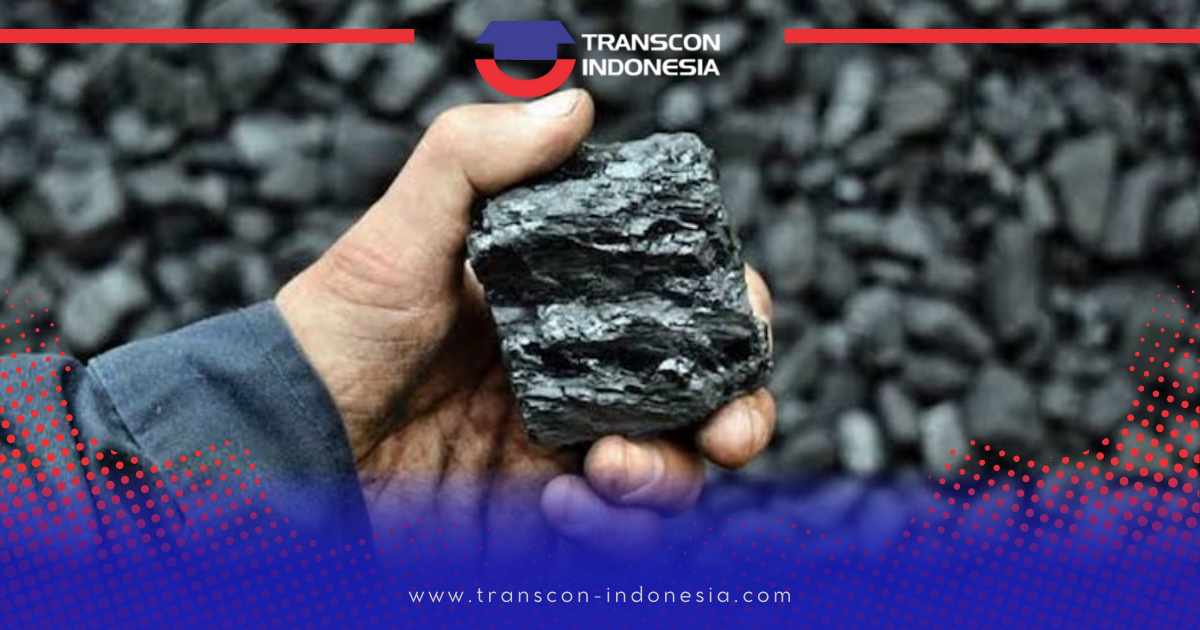The Key Role of Nickel in the Indonesian Economy
Nickel, a commodity of strategic value in the Indonesian economy, has a key role in shaping the country's economic landscape. In its long history, Indonesia has been one of the largest producers of nickel in the world, leading in exports of this mineral. The existence of abundant nickel reserves in these islands has enriched the country and formed a solid economic basis.
In the economic aspect, nickel not only creates substantial income but also generates jobs, encourages investment in infrastructure, and makes a significant contribution to state revenues. This potential has made nickel a vital element in the Indonesian economy, with impacts felt in various industrial sectors, including power generation, high technology and the automotive industry.
Although the quality of Indonesian nickel is highly valued on the global market, challenges in processing and managing this resource still exist. Therefore, it is important for the government and industry players to adopt smart and effective strategies to increase the added value of nickel, an effort that includes downstream processes.
Government Strategy for Increasing the Added Value of Nickel
The Indonesian government has taken various strategic steps to increase the added value of nickel in the supply chain for this commodity. One key step is a ban on exports of raw nickel ore, aimed at encouraging further processing within the country. This creates incentives for nickel processing industries, such as ferronickel plants, to expand their production capacity.
In addition, the government has encouraged innovation and research in nickel processing. Providing fiscal incentives and investing in research and development facilities has been an integral part of this strategy. This aims to improve the quality of nickel products, including increasing nickel content, which in turn will increase the competitiveness of Indonesian products in the global market.
Baca juga : Transcon Indonesia Bantu Importir Urus Perizinan Impor Besi, Baja, dan Turunannya di PLB
Phased Nickel Exports: Constraints and Potential
Although steps to increase the added value of nickel have been taken, challenges still remain on the path to downstream nickel exports. One of the main challenges is the investment required to develop the processing facilities and infrastructure needed to process nickel ore into high-value products.
In addition, it is necessary to diversify export destination markets to reduce dependence on one single market. This will help reduce the risk of nickel price fluctuations on the global market. The potential use of nickel in green industries, such as electric car batteries, also offers opportunities that need to be explored.
Transcon Indonesia and Nickel Supply Chain Management
Transcon Indonesia, as a key player in nickel supply chain management, has a crucial role in supporting downstream nickel exports. The company has developed sophisticated and sustainable logistics solutions to support the nickel supply chain, from transporting raw nickel ore to shipping processed nickel products.
With an extensive and experienced logistics network, Transcon Indonesia is able to overcome the often complex logistical challenges in nickel exports. This includes timely delivery management, product quality monitoring, and safe storage. Close collaboration with logistics companies such as Transcon Indonesia is the key to success in optimizing the nickel supply chain.
Supporting Downstream: Warehousing, Consolidation, Shipping and Global Logistics Management
In supporting downstream nickel exports, it is important to understand the role of warehousing, consolidation, shipping and global logistics management. State-of-the-art warehousing enables safe and optimal storage of processed nickel products, while consolidation enables combining shipments to increase logistics efficiency.
Timely and safe delivery is essential in maintaining the reputation of Indonesian nickel products in the global market. Effective global logistics management helps deal with international market dynamics, including changes in demand and trade regulations.
Overall, the downstreaming of nickel exports by the Indonesian government and Transcon Indonesia's role in supply chain management provide a strong foundation for sustainable economic growth. With wise strategies and strong collaboration in logistics management, Indonesia is on the right track to optimize the potential of this valuable commodity in the global economic landscape.
